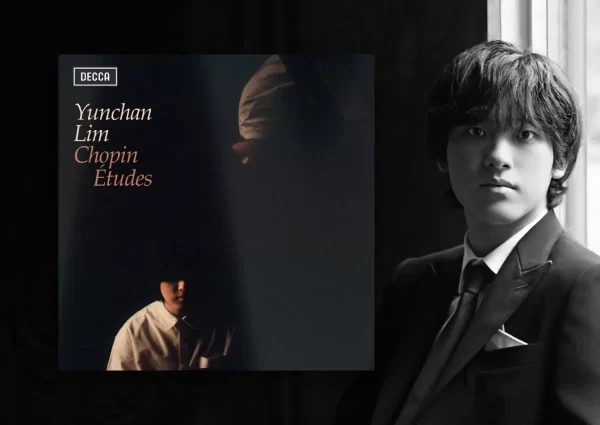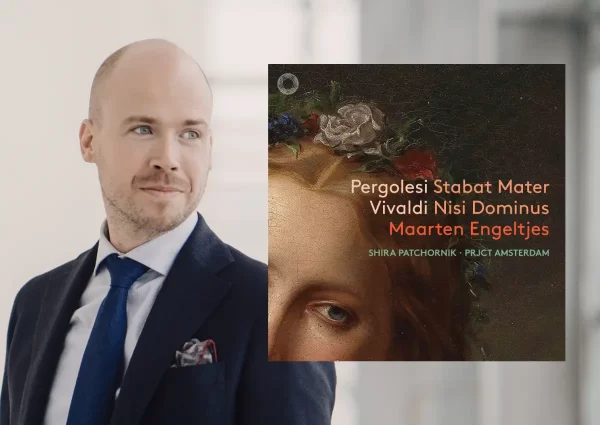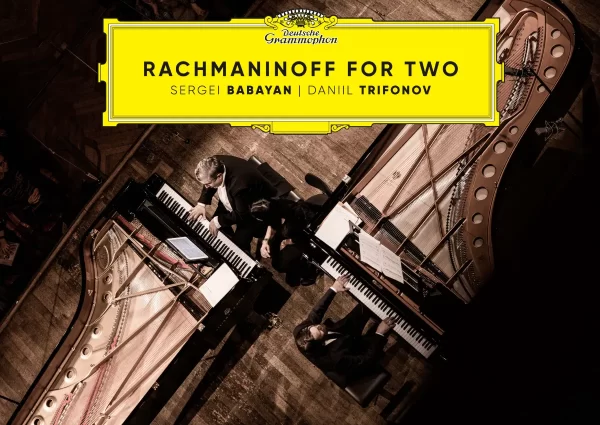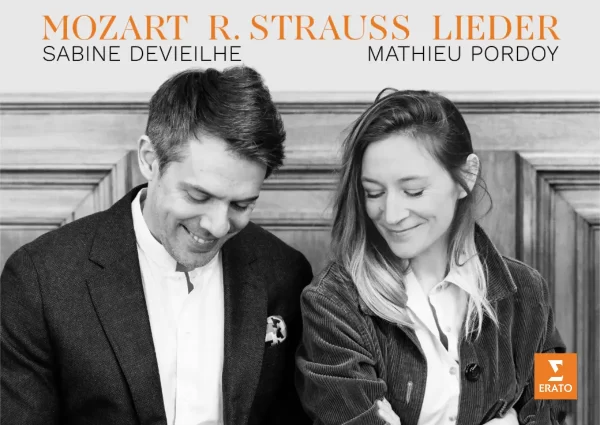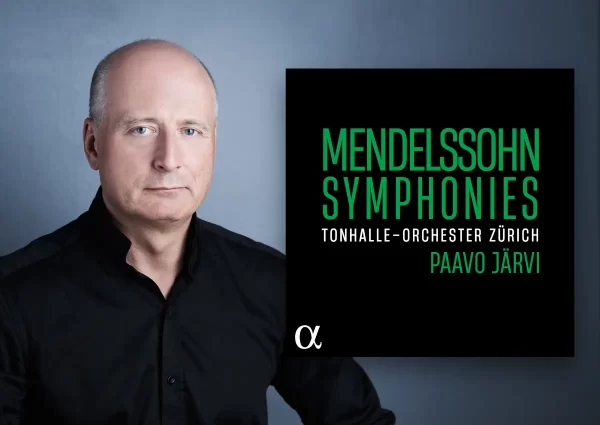During a study of Schubert’s Gretchen am Spinnrade, soprano Golda Schultz had a revelation of sorts: “What if a woman told her own story?” A valid question indeed, considering that Schubert, Goethe, and others who have told such stories (albeit effectively) have been men. So for Schultz, the woman’s viewpoint became a quest and underlying theme for her album. Featuring a mix of works by established female composers (Clara Schumann and Nadia Boulanger), some perhaps lesser-known (Emilie Mayer and Rebecca Clarke), and some contemporary (Tagg), she explores the female voice across time and perspective.
Clara Schumann’s Op. 12 Lieder take inspiration from texts by Rückert, Gerhard, and Heine. It’s worth noting that some 60 years after Schumann composed her Liebst du um Schönheit (track 1), Mahler too included a setting as part of his Rückert-Lieder. Mahler had intended his version for voice and orchestra and the writing as such gives it a highly expansive and yearning feel. Schumann’s, on the other hand, is more delicate, maybe even more personal in some regards – and equally beautiful. The warm, welcoming melody is complemented by a lovely interweave of the vocal and piano lines. The duo captures these interchanges quite well; I also found that the soprano breathed a youthful optimism into the words.
Am strande (track 3) expresses the angst of the narrator as she’s separated from her beloved. Pianist Jonathan Ware shines here, adding heightened sensitivities to the accompanimental textures (which seem to represent the waters referenced in the first stanza). Although Schultz herself already has great expressive capabilities, Ware treats the piano part in a way that helps drive the song’s dynamism. In wistful and worrisome moments, the figurations are urgent and turbulent; when she reminisces of better times past, they transform into something much more mellow but that is yet not devoid of the appropriate momentum.
Related Posts
- Review: Dance With Me – Barbara Hannigan, Soprano
- Review: EDEN – Joyce DiDonato, Mezzo-Soprano
- Review: “El Nour” – Fatma Said, Soprano
Emilie Mayer’s Erlkönig (track 5) will no doubt call to mind Schubert’s setting of the same text by Goethe. There are some broad similarities in the treatment of that text, such as the appearance of scalar textures or the more lyrical atmosphere when the Elf-King beckons to the boy. Some may find Schubert’s version more dramatic, but Mayer’s is more narrative, and Schultz does a fine job in bringing the story to life. Her extremely clear diction certainty helps in this regard, but even more notable is her use of a wide range of colors and timbres. The most effective vehicle by which she differentiates between the characters is her well-chosen articulation and phrasing: it brings out the boy’s delirious desperation, the father’s urgency, and the Elf-King’s enticement that, while comforting on the surface, has sinister and volatile undertones.
Among the selections by Boulanger, I found Cantique (track 15) one of the most striking: the voice’s long, expressive lines set up an interesting contrast against the sparse accompanimental texture. The subsequent emphasis on the singer gives her a chance to show her vocal prowess, though in a more nuanced than virtuosic fashion. Schultz has some excellent breath and vocal control that makes for a practically seamless approach; at the same time, she clearly has enough room to include very natural-sounding ebbs and flows in the phrases. Although the piano has a more static role here, it does add some interesting touches of color and depth, thanks to the harmonies which Boulanger incorporates along the way.
The liner notes don’t provide much introductory analysis, which I found regrettably wanting – some songs may not be all that familiar to listeners, after all. The inclusion of the texts do make up for this somewhat, but it would have been helpful to better understand the insight and conception of the works. But perhaps the goal in this decision was to give us the freedom to understand how the songs contribute to the central concept. The singer’s foreword does express a clear and passionate conviction behind the performances. The sound engineering I felt did a good job of not bringing the voice too up-close as some vocal albums tend to do, which in turn allowed me to appreciate Schultz’s silvery timbre and Ware’s thoughtful playing. With an interesting and well-balanced selection, the duo really does the theme of the album its due justice. A highly enjoyable listen.

This Be Her Verse
Golda Schultz – Soprano
Jonathan Ware – Piano
Alpha, CD 799
Related Albums
Read more classical music reviews or visit The Classic Review Amazon store
Follow Us and Comment:
Get our periodic classical music newsletter with our recent reviews, news and beginners guides.
We respect your privacy.



